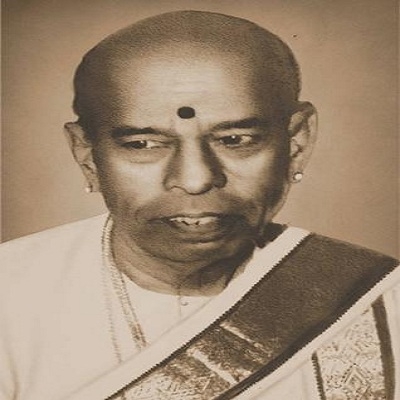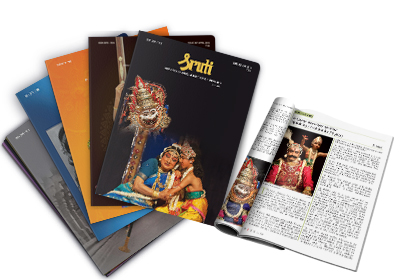
Flutist Palladam Sanjeeva Rao belonged to the era, if not the race, of giants who dominated Carnatic classical music for about three decades from the nineteen twenties. He was the uncrowned king of the flute—until a prodigy called T.R. Mahalingam came along and revolutionized the Carnatic flute. He did not quite lose his throne to the revolutionary, for he continued to be respected by his peers and supported by the Establishment but he was no longer quite the sovereign he was. Sanjeeva Rao was a disciple and successor of Sarabha Sastri but, even in the early nineteen thirties, there were not many who had heard the blind bard of the bamboo often enough to confirm that, although Rao had inherited Sastri's flute, he had also acquired his style and his mastery of the instrument at the same level. Writing in Personalities In Present-Day Music, published in 1933, the late E. Krishna Iyer, connoisseur and critic and a force at the Madras Music Academy, could only say: "The echoes of that Orpheus of India [Sarabha Sastri] are said to be discernible in the present in Sanjeeva Rao . . ." There is no doubt, however, that Sanjeeva Rao had attained enough proficiency to establish himself as a prominent player in the major league. Sanjeeva Rao was born on 18 October 1882, in Palladam in the Coimbatore district of the then Madras Presidency. He was the youngest of the three sons of Palladam Venkobachar, an ardent devotee of Anja-(1885-1917). Though Sastri taught his own nephew Ashtaputra Venkatarama Sastri, it was Palladam Sanjeeva Rao, who did gurukulavasam of six years under him, and the latter's disciple Ramachandra Sastri who kept up the tradition of Sarabha Sastri.
The advent of the genius T.R. Mahalingam in the thirties virtually transformed the technique of flute-playing, and the Sanjeeva Rao style lost its prominence
Sanjeeva Rao, whose career spanned a period of 60 years, was a prominent participant in the annual conferences of the Music Academy of Madras. He was associated with the Chinna katchi in the Tyagaraja Aradhana festival at Thiruvaiyaru and started the tradition of playing the kriti Chetulara set in Bairavi on the flute. It is being followed ever since. He received the title "Sangita Kalanidhi" for his services to Classical Indian Music by the Music Academy Chennai in 1943 and the Sangit Nataka Akademi puraskar in the year 1954. Sanjeeva Rao passed away on July 11, 1962.
He enjoyed a successful career during which he gave many gramophone records. His playing is noted for its unique style and the tonality. He trained the artistes Palladam Nagaraja Rao and Tiruchi Ramachandra Sastri.


